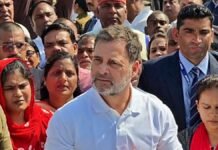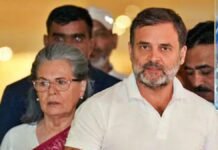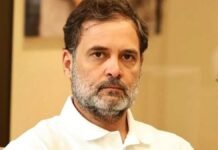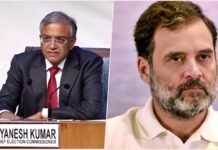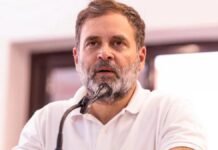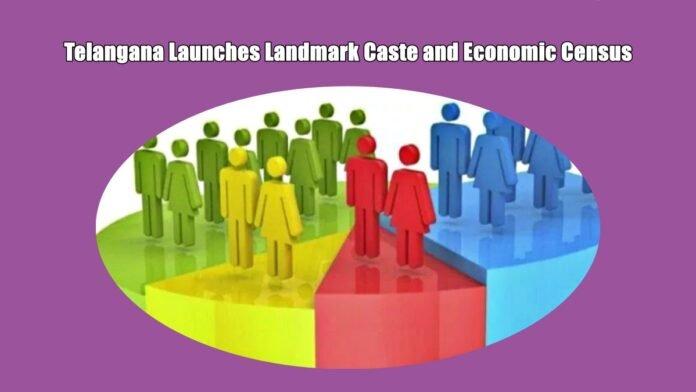
Hyderabad: Telangana embarks on a historic caste and economic census today, November 6, mobilizing over 80,000 government employees to collect crucial data on the social, educational, and economic conditions of its citizens. Telangana’s Deputy Chief Minister Bhatti Vikramarka Mallu emphasized the significance of this effort, noting that the insights from the census will play a pivotal role in guiding the state’s developmental policies and ensuring that resources reach those most in need.
Leader of the Opposition in the Lok Sabha, Rahul Gandhi, voiced his support for the initiative at a Telangana Pradesh Congress Committee meeting, stating that this caste-based census will serve as a “model for the nation.” He argued that caste-based data is essential to understand the scope and depth of discrimination, a necessary step toward ensuring equality. Gandhi underscored the Congress party’s commitment to a national caste census, promising to advocate for it in Parliament and stressing that the Telangana model could inspire similar efforts nationwide.
Rahul Gandhi Challenges PM Modi on Representation of Marginalized Groups
During his address, Rahul Gandhi questioned the existing 50% reservation limit in India, calling it an “artificial barrier” that needs to be re-evaluated to achieve true equality. He challenged Prime Minister Narendra Modi to consider how many Dalits, OBCs, and tribals hold positions in India’s corporate sector, judiciary, and media, questioning why the PM has not taken proactive steps to address this disparity. Gandhi’s remarks follow his recent parliamentary pledge to push for a national caste census to ensure fair representation and equal opportunities for all communities.
Comprehensive Data Collection for Empowerment
The Telangana caste census will gather detailed information on citizens’ social, economic, and educational backgrounds, as well as the opportunities they have accessed in fields like politics. The census is also expected to provide data that could inform potential reservation policies in local governing bodies for backward classes. By documenting these aspects, the government aims to better understand the needs and challenges of various communities and take informed steps toward a more equitable society.
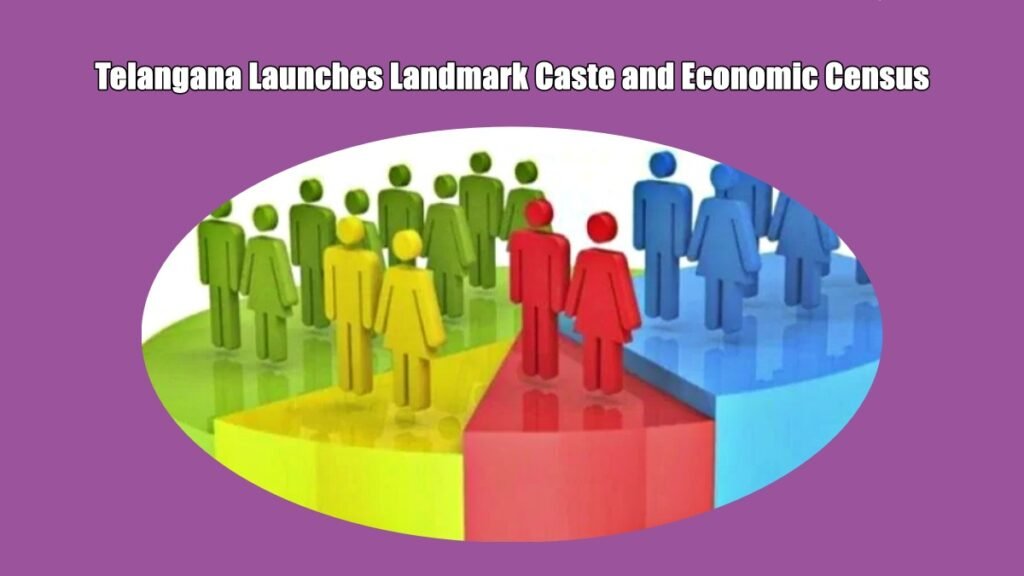
As Telangana forges ahead with this ambitious census, many see it as a bold move toward inclusive development. By setting a precedent, the state hopes to inspire similar efforts across India, spotlighting the power of data to drive social progress and policy change.



































